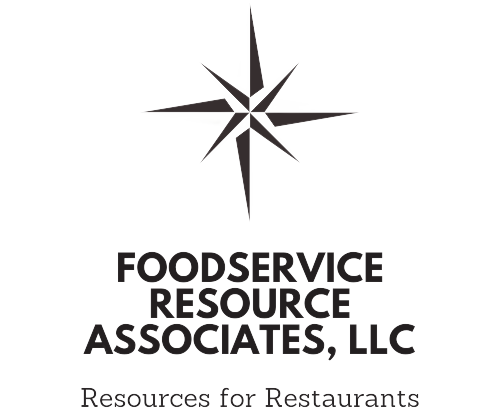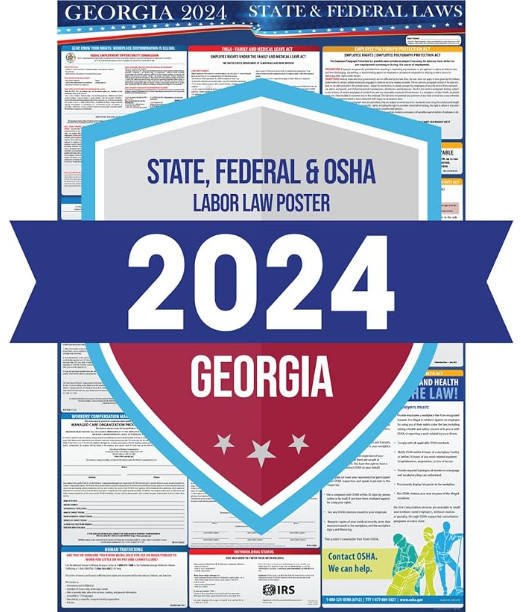Federal Resources
Employer Identification Number (EIN): An EIN is required if you plan to hire employees for your restaurant. It’s essentially a tax identification number for your business.
I-9, Employment Eligibility Verification
Use Form I-9 to verify the identity and employment authorization of individuals hired for employment in the United States. All U.S. employers must properly complete Form I-9 for each individual they hire for employment in the United States. This includes citizens and noncitizens. Both employees and employers (or authorized representatives of the employer) must complete the form. Handbook for Employers
Instructions for Completing Form I-9
(Employment Eligibility Verification Form)
New E Verify webpage: USCIS has announced that effective June 25, 2024 all E-Verify users must use everify.uscis.gov to log-in to their accounts. The prior URL (e-verify.uscis.gov/) will result in an error message. USCIS also suggests that users update any internal documents/materials to reflect the change.
Food Code 2022
The Food Code is a model for safeguarding public health and ensuring food is unadulterated and honestly presented when offered to the consumer. It represents FDA’s best advice for a uniform system of provisions that address the safety and protection of food offered at retail and in food service.
File a trademark application
Trademarks, patents, copyrights, domain names, and business name registrations all differ, so it is important to learn whether a trademark is appropriate for you.
A trademark typically protects brand names and logos used on goods and services. A patent protects an invention. A copyright protects an original artistic or literary work. For example, if you invent a new kind of vacuum cleaner, you would apply for a patent to protect the invention itself. You would apply to register a trademark to protect the brand name of the vacuum cleaner. And you might register a copyright for the TV commercial that you use to market the product.
Launch your business
Turn your business into a reality. Register, file, and start doing business.
US Department Of Labor
Posters, and other stuff
Alcohol Beverage Authorities in United States, Canada, and Puerto Rico
State and Local Laws
In the United States, each state has the authority to regulate the production, sale, and distribution of alcohol within its borders. This means state and local jurisdictions may have their own requirements in addition to federal requirements. State laws and regulations vary widely from state to state, and may be more restrictive than federal regulations.
You must meet all state and local requirements in any state where you plan to do business (unless Federal law preempts the state law). If you plan to do business in a state, you must contact its appropriate authorities for more information about the state and local requirements.

